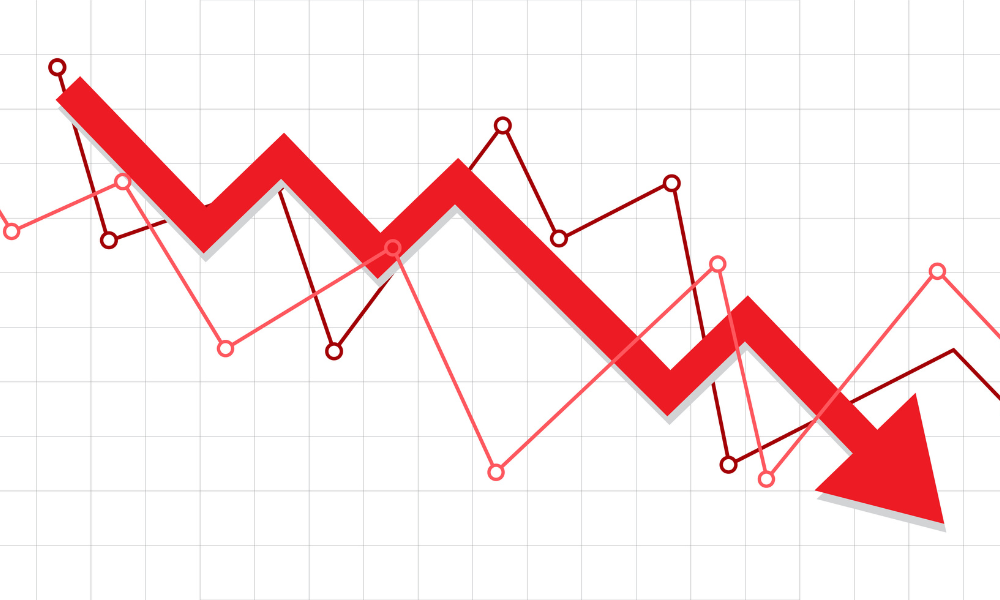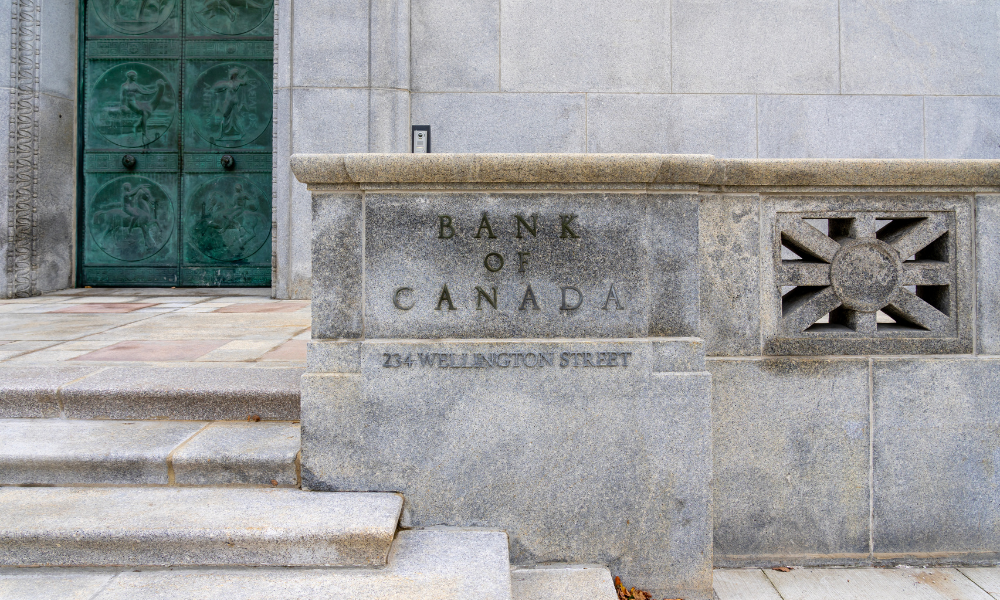Economists predict that the Bank of Canada must cut rates to pre-pandemic levels to prevent deflation

David Rosenberg, founder, and president of Rosenberg Research, predicts that the Bank of Canada will need to reduce borrowing costs to pre-pandemic levels to avoid deflation, according to BNN Bloomberg.
In an interview on Tuesday, Rosenberg referred to the recent rate cuts by the Bank of Canada as “just an appetizer for the meal,” intended to counter previous policy mistakes from raising borrowing costs amid an “excess supply backdrop.”
Rosenberg pointed out that the Bank of Canada mentioned “excess supply” three times in their latest policy statement.
He said, “The midpoint of the Bank of Canada's target range on the neutral nominal rate is 2.75 percent, and we're currently at 4.5 percent. At 2.75 percent, the neutral rate aligns with an economy in balance, free from a disinflationary excess supply backdrop. That’s where they need to reach at a minimum.”
The Bank of Canada recently cut its key policy rate by 25 basis points to 4.5 percent, following a similar cut in June. Rosenberg criticized the central bank for acting slowly, claiming it is “as behind the economic curve today as they were behind the inflation curve two years ago.”
He predicts most of the aggressive rate hikes from 2022 and 2023 will be reversed, aiming to return to pre-COVID levels, though not necessarily to zero.
Ed Devlin, founder of Devlin Capital and senior fellow at the C.D. Howe Institute, also believes borrowing costs need to fall.
In his interview with BNN Bloomberg, Devlin said, “It’s time to act. Just as they sharply raised rates when inflation was unexpected, it’s now clear from their monetary policy report that there’s an output gap, and their forecasts are deferred.”
Rosenberg warned that if the Bank of Canada does not reduce interest rates quickly enough, the Canadian economy could face a “deeper recession.” He noted that the unemployment rate has risen by 160 basis points from its cycle low, which he views as a clear indicator of recession.
Rosenberg concluded, “If they don’t move quickly, then in the next two years, we could see inflation drop to zero.”



